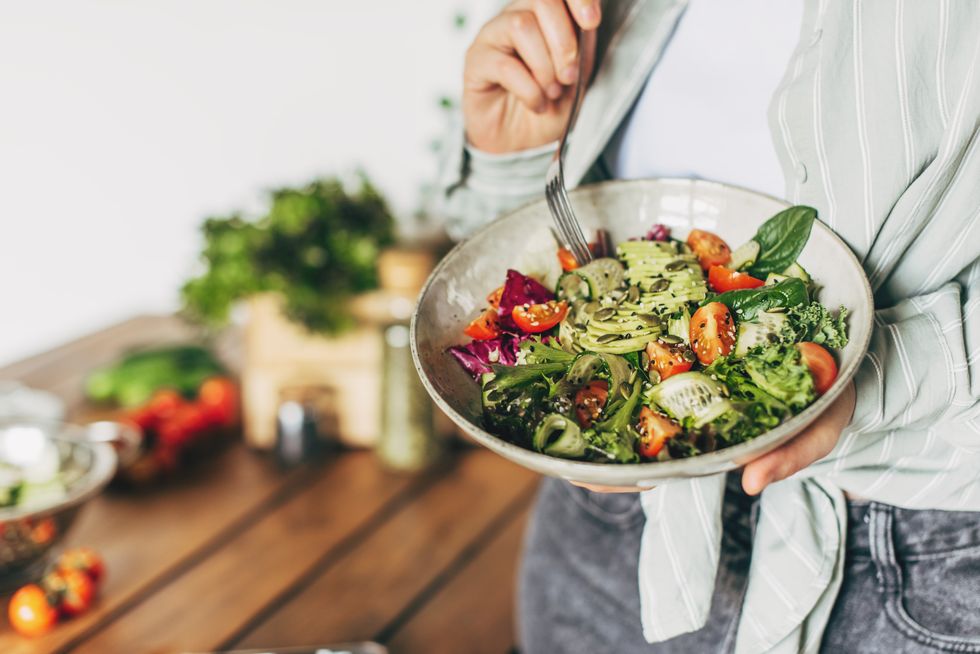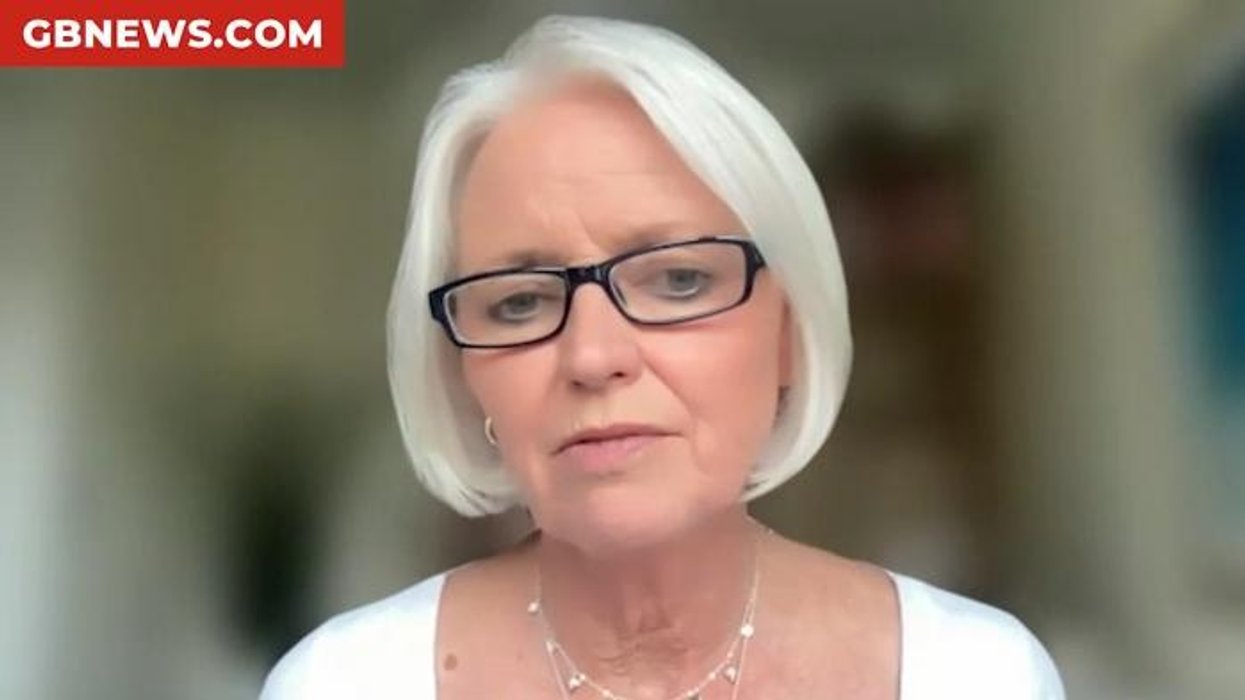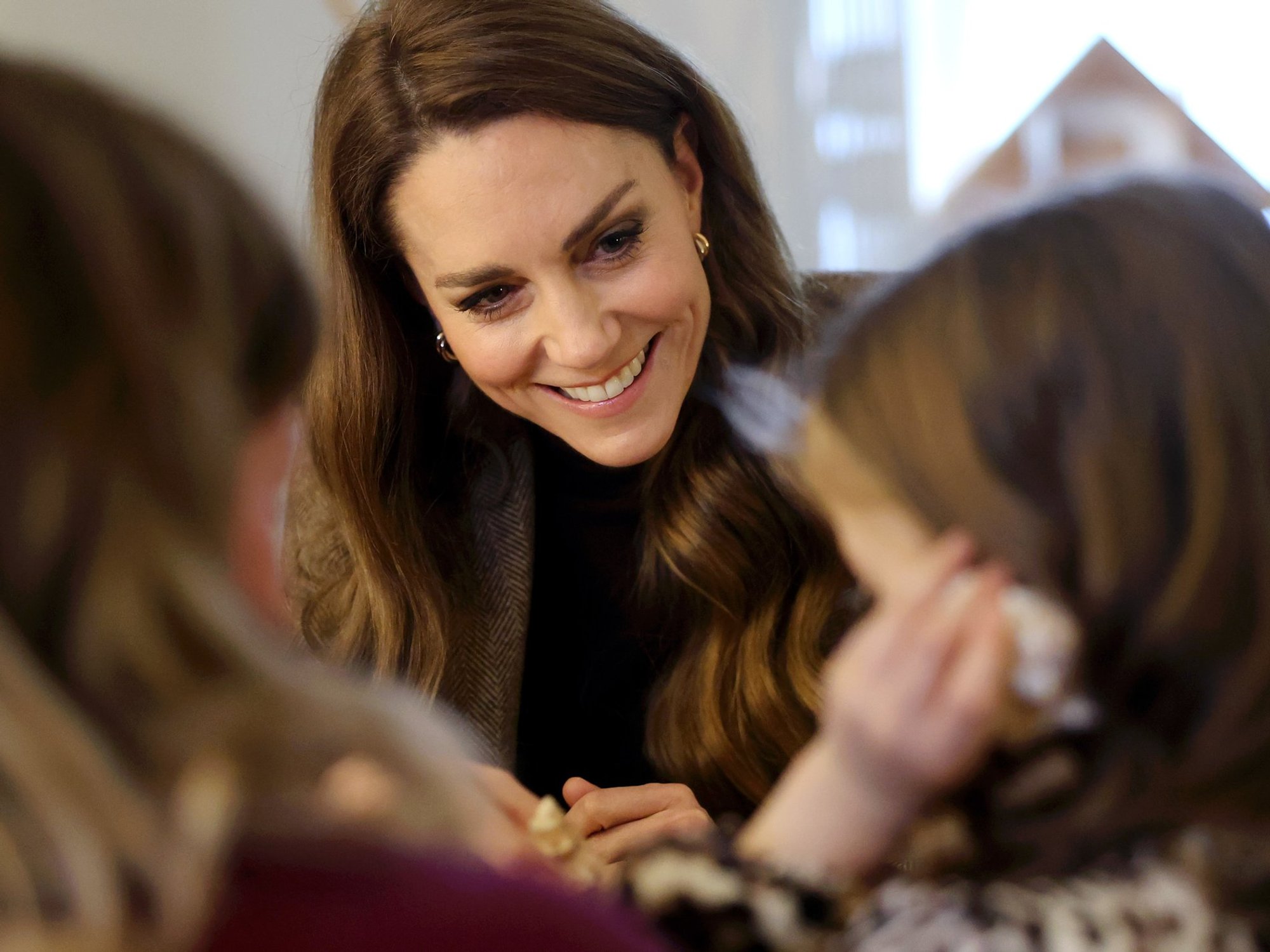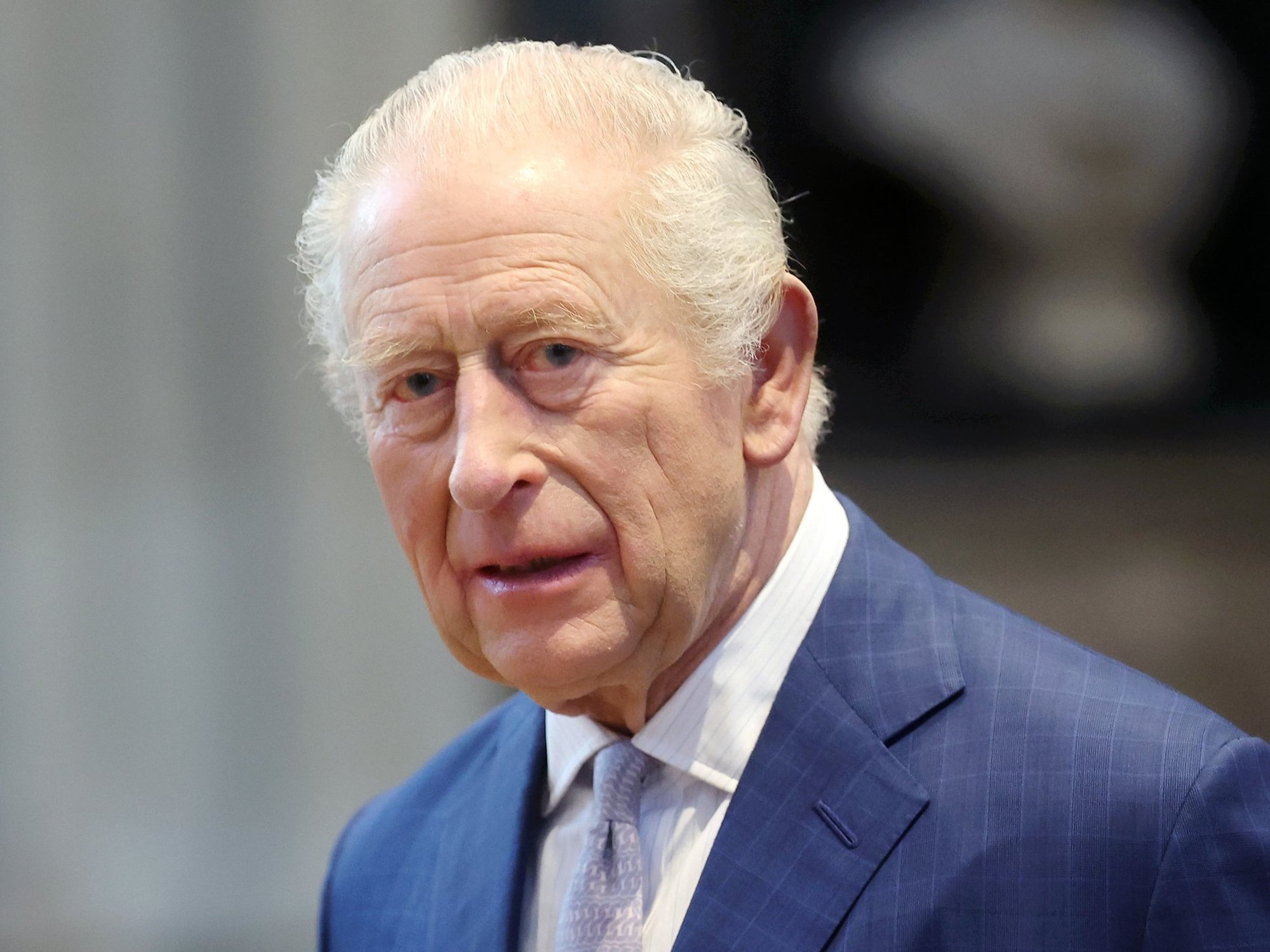'I'm a nutritionist - focus on two food groups at meal times to manage your blood sugar levels'
The expert said that she favoured a "real life" approach over strict dieting
Don't Miss
Most Read
Latest
Eating clean is necessary for everyone to stay healthy. However, it's particularly important to keep an eye on your diet when you need to focus on your glucose levels too.
Although it's not just the amount you eat, it's the sorts of foods you consume on a day-to-day basis. Thankfully, nutritionist Ailsa Hichens has weighed in on the best foods to focus on when making up your meal plan.
The expert revealed practical strategies to manage blood glucose levels without resorting to unrealistic clean-eating regimes. The specialist in metabolic health and blood glucose management emphasises a "real life" approach based on sound science rather than unsustainable dietary restrictions.
"My ethos is 'real life' (and real science) rather than super-clean living that most people can only hang on to for a short period of time," Ailsa said, who has identified key principles for balancing blood sugar that can be incorporated into everyday life.

The expert said that she favoured a 'real life' approach over strict dieting
|GETTY
"There are two groups of food that can stop blood sugars spiking - foods that are high in fibre like veggies, salad stuff and fruits and protein-containing foods like meat, fish, eggs, and veggie sources like tofu, beans, chickpeas, nuts and seeds," she explained.
Healthy fats like olive oil, oily fish and avocados are also essential for optimal bodily function, while Hichens particularly champions vegetables as a dietary cornerstone.
"Without sounding like the PR for vegetables, they really are great for pretty much everything. Whatever diet nutritionists are fans of, one thing everyone can agree on, we should all eat more veg," she states.
Beyond preventing blood sugar spikes, these foods offer other benefits for digestive health.
LATEST DEVELOPMENTS
"Apart from filling you up and stopping your blood sugar spiking, eating more plant foods is very beneficial for your gut health," the nutritionist added, pointing out that the microbiome plays an important role in blood glucose management and diabetes prevention.
"If you eat a carb-heavy meal, the ideal scenario is that you move afterwards - like go for a walk," she advised.
"If you were to have the meal earlier in the day, all the foods that get turned into glucose in the blood are more likely to get burned off as you move," Hichens explained.
She recommended consuming sweet treats after protein and vegetable-rich meals to slow glucose absorption - although she strongly advises against constant snacking throughout the day.

Going for a walk after meals has been said to help manage sugar level spikes
|GETTY
"Ideally, only eat three times a day and do not graze," she recommended, warning that frequent eating keeps the body in a constant state of high blood glucose and insulin production.
"If your body is in a pretty-much constant state of high blood glucose and high insulin, what it's doing is paving the way for trouble in the future - insulin resistance and blood glucose problems like pre-diabetes and type 2 diabetes," Hichens cautions.
She suggests limiting eating to a 10- to 12-hour window each day, which is similarly echoed by the Mayo Clinic. The medics also balanced meal planning to aid diabetes management.
"Healthy eating is important for everyone. But when you have diabetes, you need to know how foods affect your blood sugar levels," the clinic advised.











